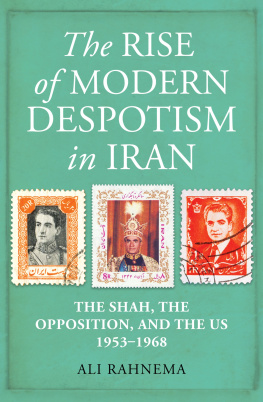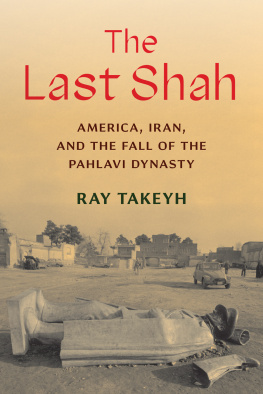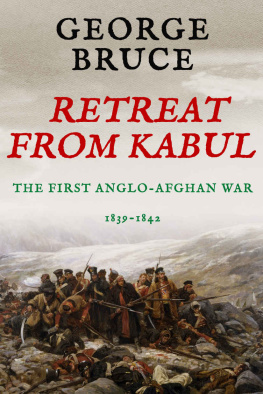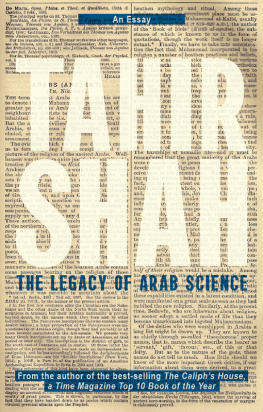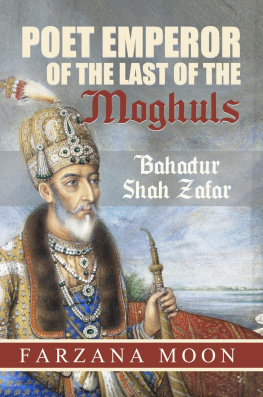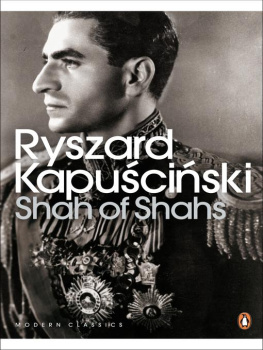Chapter One.
The Afghan Campaigns1839-42.
In 1809 the reigning Ameer of Afghanistan, Shah Soojah-ul-Moolk, was dispossessed of his throne and an exile. Runjeet Singh, the Sikh ruler of Punjaub, plundered and imprisoned him at Lahore, and obtained from him the famous Koh-i-noor, the great diamond which is now among the crown jewels of Great Britain. Eventually Soojah escaped from Lahore and became a pensioner of the East India Company. For many years after the fall of Shah Soojah, anarchy ruled in Afghanistan, until in 1826 Dost Mahomed established himself upon the throne at Cabul.
Meantime Shah Soojah never ceased to plot for his restoration, and in 1832 came to an agreement with Runjeet Singh, in pursuance of which the latter undertook to assist him in an armed attempt to oust Dost Mahomed. The Indian Government, while professing neutrality, indirectly assisted Shah Soojah by paying his pension in advance.
In 1833 Shah Soojahs army was thoroughly beaten by Dost Mahomed before Candahar, though he himself escaped. But Runjeet Singh was more successful; he drove the Afghans back into the Khyber Pass and occupied Peshawur, which province he held against all the attempts of the Afghan Ameer to expel him.
In 1837 the Shah of Persia, under the instigation of and with assistance from, Russia, and in spite of strong remonstrances by the British, made war upon Afghanistan and marched upon Herat.
Eldred Pottinger at Herat.
The siege of this place commenced on the 23rd of November 1837, and lasted over nine months, when it utterly collapsed, owing mainly to the determination and courage of Lieutenant Pottinger, who had arrived in the city just before, and assisted the Afghans in the defence. Notwithstanding the assistance of Russian volunteers the Persian attack was but feebly delivered; still, but for the presence of Pottinger and the courage given by his example, the Afghan defence would have been equally spiritless. At length, after some days bombardment, a general assault was made on the 23rd of June 1838, and repulsed by Pottinger with heavy loss. Soon after the Shah, hearing that a British expedition had been sent up the Persian Gulf to force him to retire, raised the siege and left Herat, which has remained up to the present in the hands of the Afghansa fact which may be said to be in the first instance due to the heroic achievements of one young British officer, Lieutenant Eldred Pottinger.
The Afghan War.
The Indian Government had now determined, for reasons into which it is not our province to inquire, to make war upon Dost Mahomed and to replace Shah Soojah upon the throne.
This war, which ended so disastrously to our arms and prestige, seems at this time, when it is possible to take an impartial view of the question, to have been one of wanton aggression against a prince well disposed towards our Governmentand who, with whatever faults he had, was a strong and wise ruler, and accepted by his peoplein order to force upon the Afghans a mere nominee of the British, and one whose authority could only be supported by the bayonets of an alien race. Such an enterprise was as discreditable to our councillors as it proved to be disastrous to our soldiers.
The army collected for this purpose consisted of the Bengal contingent, which, after leaving a division in reserve at Ferozepore, was 9500 strong, under the command of Sir Willoughby Cotton, and the Bombay contingent, consisting of another 6000, the whole being under the command of Sir John Keane.
At the same time, another force, nominally under the command of Shah Soojah, was to be raised in the Companys territories, to accompany him into Afghanistan. This army crossed the Indus near the fortress of Bukkur, entering territories famous from their association with the operations of Alexander the Great, and which had never before been traversed by British troops.
Marching from Shikapore, the army advanced for fifty miles through the dark defiles of the Bolan Pass, lofty mountains covered with snow towering above their heads. It now entered a desert region, where provisions were not to be procured, and where on every side the troops were assailed by the fierce Beloochees, who attacked foraging parties and camp followers, and plundered the baggage left in the rear. Early in April, the troops marched through the vale of Shawl, forded many rivers, and passed the heights of Kozak, over which the artillery was dragged by the men with ropes, till at length, surmounting all difficulties, the army reached Candahar on the 27th of April 1839.
On the 27th of June the march was resumed, but it was necessary to leave a strong garrison at Candahar, and, strange to say, probably owing to the difficulties of transport, the siege-guns which had been dragged with so much toil through the passes were left behind, while supplies were so short that the army had to proceed on half rations.
Capture of Ghuznee23rd July.
On the 21st of July the army arrived before the famous fortress of Ghuznee, which was considered impregnable by the Afghans.
The city of Ghuznee lies between Candahar and Cabul, about 230 miles distant from the former, and 90 from the latter place. It stands on the extreme points of a range of hills, which slope upwards and command the north-east angle of the Balla Hissar. As the British advanced on it, and observed its strong fortifications rising up before them on the side of a hill, they saw that the place could not be reduced by artillery for want of the siege-guns left at Candahar, and at the same time a high wall with a wet ditch in front made operations with scaling-ladders or mining equally impossible.
It was discovered, however, by Captain Thomson, who made an inspection under heavy fire from the walls, that though the gates had been built up the Cabul gate still existed, and he reported that this one, though at great risk, could be blown up, and so an attempt to take the place by storm could be made. The want of supplies made it absolutely necessary to take the place, and therefore Sir John Keane gladly accepted Captain Thomsons proposal.
The morning of the 23rd of July, just before daybreak, was the time fixed for the assault. The regiments told off for the service were the 2nd, 13th, and 17th (Queens), and the Companys European regiment, under Major Carruthers, Lieutenant-Colonel Orchard, Colonel Croker, and Major Tronson. The advance consisted of the light companies of these four regiments. The night and morning were unusually stormy. The advance was placed under the command of Colonel Dennie of the 13th Light Infantry, and the main column under Brigadier Sale. The explosion party was directed by Captain Thomson, who had under him Lieutenants Durand and Macleod of the Bengal, and Captain Peat of the Bombay corps. Under cover of the darkness, the noise the men might make being overpowered by the roaring of the wind, the storming column advanced along the Cabul road, while the engineers carried up their powder-bags to the gate. Meantime the General filled the gardens near the city walls with the sepoys, who kept up a sharp fire on the wall, while the light batteries opened hotly upon the works.
This demonstration fixed the attention of the enemy, and called forth a responsive fire. Suddenly a row of blue lights appeared along the walls, illuminating the place, and showing that the Afghans were manning them in expectation of an escalade. All this time the British engineers were quietly piling their powder-bags at the Cabul gate. It was a work that required great courage, and it was done well; but at first the powder failed to ignite, and Lieutenant Durand was obliged to scrape the hose with his finger-nails. Again the port-fire was applied. The powder exploded. The noise of the explosion was almost overpowered by the roaring of the guns and the rushing of the wind. Still, many an Afghan trembled at the ominous sound. Mighty indeed was the effect. Down with a crash came heavy masses of masonry and shivered beams in awful ruin and confusion. Now occurred a slight delay. It had been agreed that the signal for the storming party should be the bugle-call Advance, but the bugler had fallen, and so Durand had to rush back to the nearest party he could find. At length the signal was given. The advance was sounded. Colonel Dennie at the head of his brave band rushed forward through the breach, amid clouds of smoke and dust, and soon the bayonets of his light companies were crossing the swords of the enemy, who had rushed down to the point of attack. A few moments of darkness and confusion, and then the foremost soldiers caught a glimpse of the morning sky, and pushing gallantly on, were soon established in the fortress.




